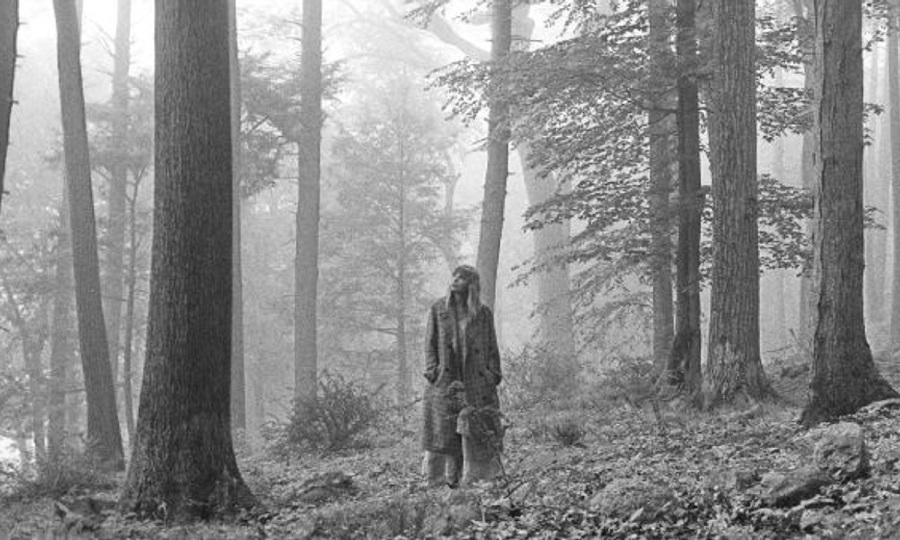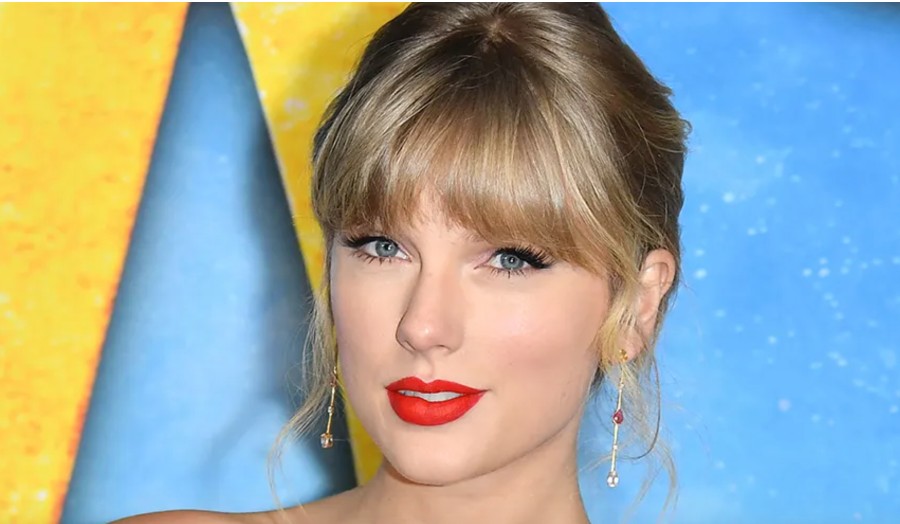On Friday, Taylor Swift dropped her eighth studio album folklore with very little fanfare. There were no promotions, interviews or meticulously planned PR ploys. Instead, for the first time since the earliest days of her career, she let her music speak for itself.
It’s no secret that Swift’s life has helped keep the media business profitable; it seems that everyone devours the speculations about her high-profile relationships or catty, high school-like celebrity feuds. Her music has been picked at, disassembled, and then put back together again by hungry listeners, her lyrics constantly dissected for mentions of past boyfriends or hints at her deeper, internal world.
Taylor Swift’s surprise album folklore lets her masterful songwriting take the reigns in this subtly layered orchestral masterpiece.
Since the release of Red (Swift’s last country album before succumbing to her pop inclinations), it seems she has carefully curated her public persona so that she is able to capitalise on any media attention for her music. Combining the polished nature of pop synths and shimmering vocals with her undeniably genius song-writing, Swift made it clear that her albums were made for Billboard number 1s and consistent radio-plays. The cloyingly excessive lead singles of 1989, Reputation, and Lover – Shake It Off, Look What You Made Me Do, and ME! – well and truly placed her amongst the pop genre that so often obscures song-craft and authenticity.
folklore is utterly divergent from the bombastic nature of Swift’s previous albums. Classified as ‘alternative’ and ‘indie-folk’ (a jarring definition considering Swift’s domination of pop charts); the album revels in subtlety. The delicately restrained strums of guitar and scintillating piano keys are what gives the album its mellow, almost bucolic brilliance.
Along with its release, Swift wrote a statement on Instagram explaining: “I found myself not only writing my own stories, but also writing about or from the perspective of people I’ve never met, people I’ve known, or those I wish I hadn’t.”
In case tabloids wished to pull apart lyrics for hints at her new life, she wrote that “the lines between fantasy and reality blur and the boundaries between truth and fiction become almost indiscernible.”
Satiating the speculation about how this album came about in our ever-bizarre times, we were told that “in isolation my imagination has run wild and this album is the result, a collection of songs and stories that flowed like a stream of consciousness…I’ve told these stories to the best of my ability with all the love, wonder, and whimsy they deserve.”
Whilst folklore may be different in production, her songwriting is ever consistent in its tendencies to delve into the themes that have defined her career. The bitter-sweetness of longing, the ache of the loss of innocence, the near-impossible navigation of relationships and identity, and particularly, the exploration of fervent and arduous emotion. In the past, these were overshadowed by ostentatious electro-synths and treacly lyrics that were intended as profitable and popular ear-worms. The shedding of this skin and embracing of understated melodies has allowed Swift’s lyrical masterpieces to humbly take their deserved spotlight.
folklore’s opening track, the 1, sets the theme for the record. It reminisces on a relationship in her “roaring twenties” and how they “would have been the one” and that “it would have been sweet if it could’ve been me.” The intricate ribbons of guitar that thread themselves alongside her lyrics evoke the whimsicality of the story-lines Swift explores on her album’s best: cardigan, august, betty, and mirrorball.
cardigan is the album’s lead single, and it ever-so-perfectly ties in the youthful acuity of her earlier record Fearless. The lingering memory of first love, and the emotional trepidation that comes with the ending of those passions, is adroitly captured by the lyrics “you drew stars around my scars/but now I’m bleeding.”
Bon Iver’s low register on exile is alluring, and before its release, no one would have believed that Swift’s voice would accompany his so expertly. exile has been labelled The Last Time’s mature sister, as both voices recognise, “I think I’ve seen this film before/and I didn’t like the ending.”
The youthful love of cardigan is continued on august, which is a splendid depiction of summer relationships destined for firsts, despite their ultimate conclusion: “whispers of ‘are you sure?’/Never have I ever before…And I can see us twisted in bed-sheets.” The track’s layers, orchestrated with her faithful guitar strums and twinkling vocal range, capture the incandescence of those universal first loves and heartaches.
Country twang best describes the production of betty, and the consistent, melodious harmonica in the background is the perfect accompaniment to her powerfully textured vocal range. A faithful retelling of the classic ‘beg-for-second-chances-after-childish-infidelity’ is elevated by its lyrical plot.
The song’s protagonist, James, wonders aloud for most of the song: “but if I just showed up at your party/would you have me? Would you want me?/would you tell me to go fuck myself/or lead me to the garden?/In the garden, would you trust me?”
In typical Swift fashion, we’re left to envision the ending ourselves, as the lyrics leave us wondering: “yeah, I showed up at your party/will you have me? will you love me?/will you kiss me on the porch/In front of all your stupid friends?”
At its core, folklore is a lyrical masterpiece that allows Swift’s brilliance to be illuminated against the record’s intricate, understated production. It’s clear that when it comes to songwriting, she is not to be underestimated. Having mastered country, pop, and now indie-folk, Taylor Swift has well and truly proven that she can transform elegantly with every new musical direction – the mark of a true genius.
folklore is out now on all streaming platforms.




